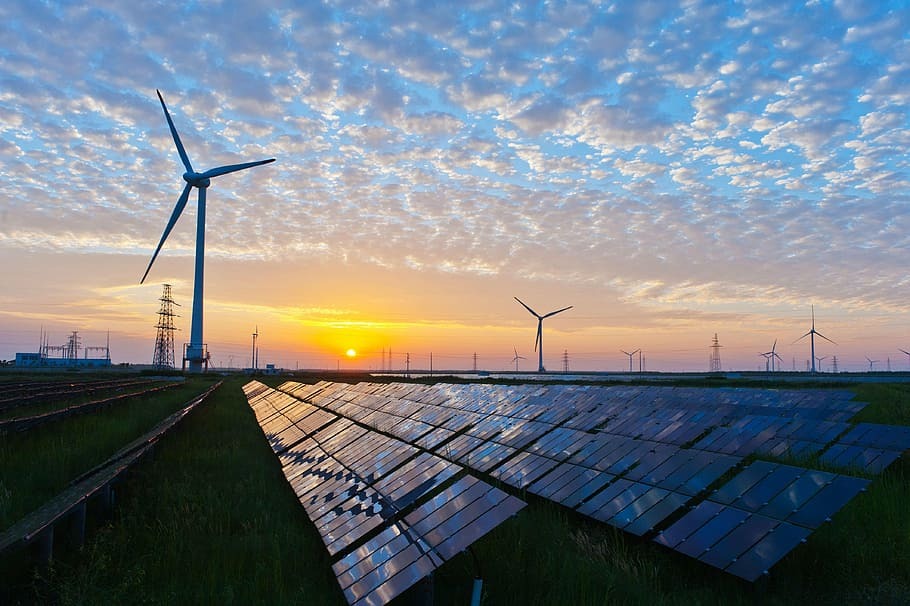RenewableUK has signed a Memorandum of Understanding (MoU) with BEAMA to help drive the UK towards a more flexible low-carbon energy system.
The two trade associations together represent over 600 companies in the energy sector, with BEAMA’s members made up of manufacturers and providers of energy infrastructure technologies and systems, and RenewableUK’s from a wide range of renewable energy players.
Through the MoU, they have committed to forging closer connections with companies across the breadth of the energy sector, as well as working with communities and working groups on policy and regulations that impact the development of supply chains.
BEAMA’s chief executive Dr Howard Porter said that the memorandum formalises an emerging relationship the two associations have, increasing the opportunity for them to collaborate.
“The transition to net-zero requires a joined-up approach and when considering the need to drive investment into certain low carbon sectors in the UK we are absolutely stronger together.
“Investments in low carbon infrastructure will be key to the UK economic recovery from COVID-19 and today’s announcement will help us collaborate further on our positioning and support for UK policy. Our associations are very complementary of each other and ensure good representation across the UK supply chain.”
Together they will focus on attracting greater investment for transmission and distribution, and electrifying heat and transport.
Additionally, they will cooperate on promoting energy storage, demand side response, flexibility and electricity market reform.
RenewableUK’s chief executive Hugh McNeal added: “We need a modern grid that’s fit for purpose to achieve this. Sharing our expertise will benefit the members of both trade associations, as working together we can have a greater impact on the development of government policies we need to reach net zero emissions.
“Building a flexible low-carbon system will create valuable opportunities for the hundreds of companies in our supply chain to win contracts here and abroad, as a key part of the green economic recovery after the pandemic”.






